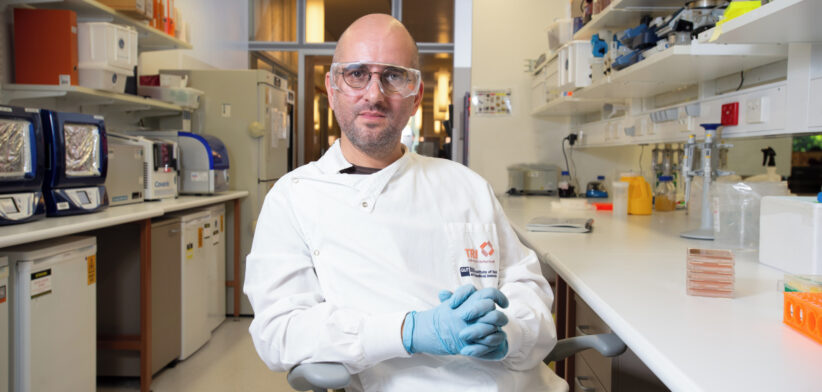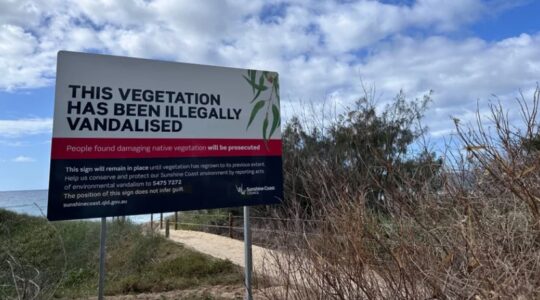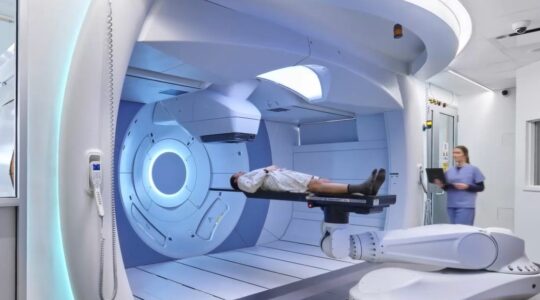Pharmaceutical manufacturers now have access to almost a million potential sources of antibiotics, as researchers work to combat growing resistance to current treatments.
QUT computational biologist Associate Professor Luis Pedro Coelho was part of a team that used machine learning to identify 863,498 promising antimicrobial peptides _ small molecules that can kill or inhibit the growth of infectious microbes.
Professor Coelho said the research came at a time when there was a global focus on combatting antimicrobial resistance (AMR) and humanity contended with the growing number of superbugs resistant to current drugs.
“There is an urgent need for new methods for antibiotic discovery,” he said.
“It is one of the top public health threats, killing 1.27 million people each year.”
Professor Coehlo said without intervention, it was estimated that AMR could cause up to 10 million deaths per year by 2050.
“Using artificial intelligence to understand and harness the power of the global microbiome will hopefully drive innovative research for better public health outcomes,” he said.
The team verified the machine predictions by testing 100 laboratory-made peptides against clinically significant pathogens.
They found 79 disrupted bacterial membranes and 63 specifically targeted antibiotic-resistant bacteria such as Staphylococcus aureus and Escherichia coli.
Professor Cohelo said more than 60,000 metagenomes (a collection of genomes within a specific environment), which together contained the genetic makeup of over one million organisms, were analysed to get the results.
“They came from sources across the globe including marine and soil environments, and human and animal guts,” he said.
The resulting AMPSphere – a comprehensive database comprising these novel peptides – has been published as a publicly available, open-access resource for new antibiotic discovery.
Read the full report in Cell.








